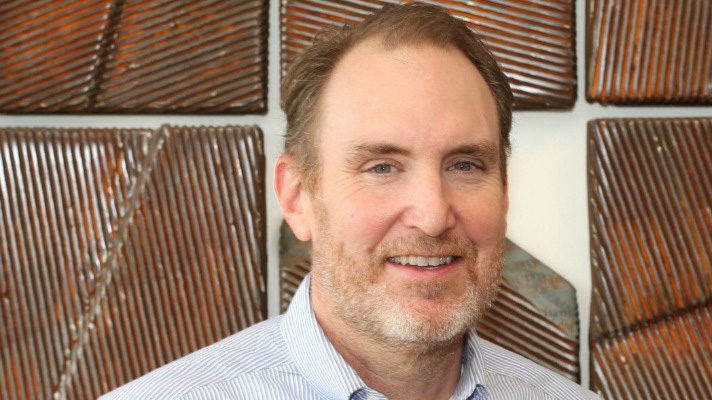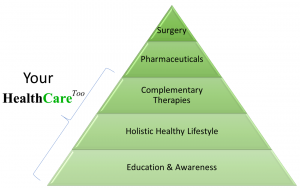Precision Medicine Demands Holistic Approach

“But I’m also a big believer in the social determinants model, which is that it’s not just genetics, and it’s certainly not just medical care delivery, but there are a lot of individual components around social determinants that drive those outcomes – things like your health behaviors, education and socioeconomic status.”
For precision medicine to be most effective, all of those and more have to be brought into the equation, said Dulin, who will speak at the HIMSS Precision Medicine Summit in Washington, D.C., on May 18.
“I’m a primary care physician so sometimes I’m guilty of that myself – we get the blinders on and we think about health outcomes only being driven by what’s in our purview,” he said. “If you’ve only got a hammer, everything looks like a nail. So we only focus on the things that are easily under our control. But a lot of my work around precision medicine is to focus on how you do customize healthcare delivery using that full range of information across the board – including genetics.”
Dulin points out that actual medical care delivery model probably influences at most 10 to 20 percent of health outcomes. Health systems looking to get a handle on high-risk populations have to think more broadly and look outside their walls at some of those key mechanisms.
“Think how do you make care delivery more interdisciplinary or transdisciplinary so it involves public health, social work, even environmental health and physical therapy,” he said. “There are all kinds of different approaches to providing care that can be more holistic and comprehensive and can improve health outcomes.”
Source: Effective precision medicine demands a holistic approach, physician expert says | Healthcare IT News
Our Model




